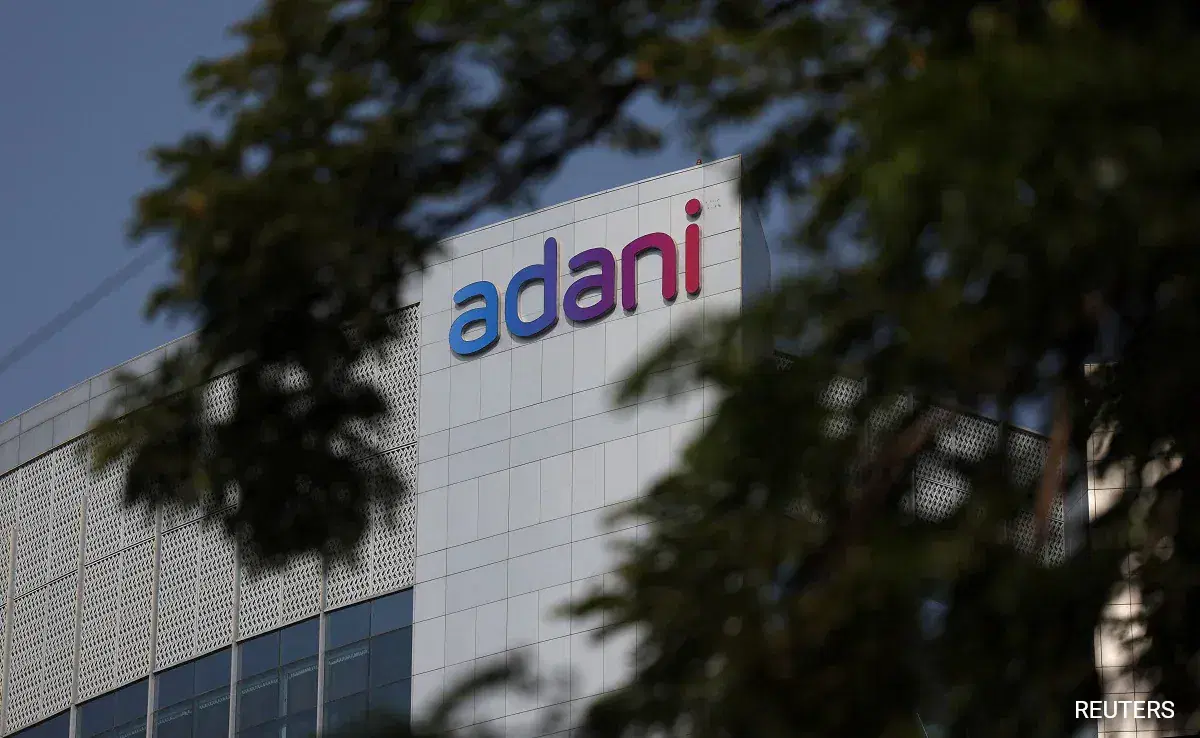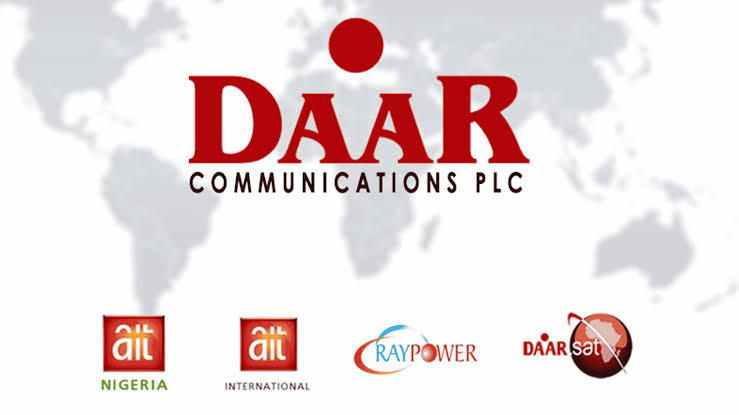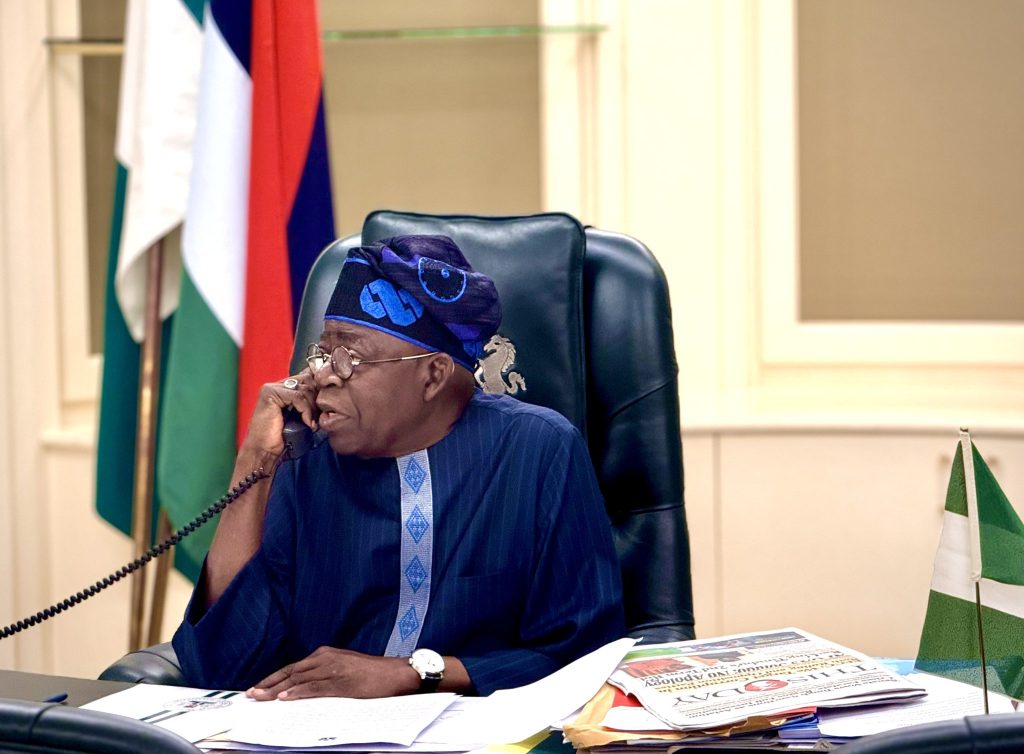The French government and a Nigerian firm, JR Farms, have inked a strategic collaboration deal that would provide African farmers with industrial networking, worldwide practices, and access to commercial stakeholders.
The Punch reported that JR Farms is an international agribusiness corporation with operations in Nigeria, Rwanda, and Zambia and the company had expanded its operations across Africa and beyond over the years through partnerships and commercial size investments into numerous economies.
The French Embassy, the Nigerian Agriculture Counsellor’s Office, and the French Ministry of Agriculture all helped to organize the agreement, which was signed on Tuesday in Paris.
The parties claimed that the agreement would expose agricultural entrepreneurs to innovations, cooperation opportunities, and access to market prospects in France and the European Union.
The course, which would be spread out among three training institutes in France starting with the first cohort in February 2024, would last for eight weeks after which the participants would receive diplomas.
It addressed a variety of agricultural topics, such as marketing and packaging of products as well as livestock, winemaking, crop development, food production, and food safety.
The Senior Agriculture Counsellor at the French Embassy in Nigeria and West Africa, Dr. Sonia Darracq, stated that France was dedicated to modernizing curricula at technical colleges of agriculture in Nigeria through a special grant from the French Ministry of Foreign Affairs or through the French Development Agency.
Darracq said, “This executive training program aims to close the knowledge gap, promote innovation, and provide participants with beneficial networking possibilities.
“Additionally, it demonstrates how France and Nigeria’s diplomatic and economic ties have grown. We are excited for the first cohort to begin in February 2024 and are convinced that it will help agribusiness grow and succeed in Nigeria and beyond.”
The Chief Executive Officer of JR Farms Global Operations, Olawale Opeyemi, stated that the company saw the development as a crucial partnership between France and Africa.
The knowledge gap, he claimed, had prevented much agribusiness development in Africa despite the continent’s enormous agribusiness potential.










